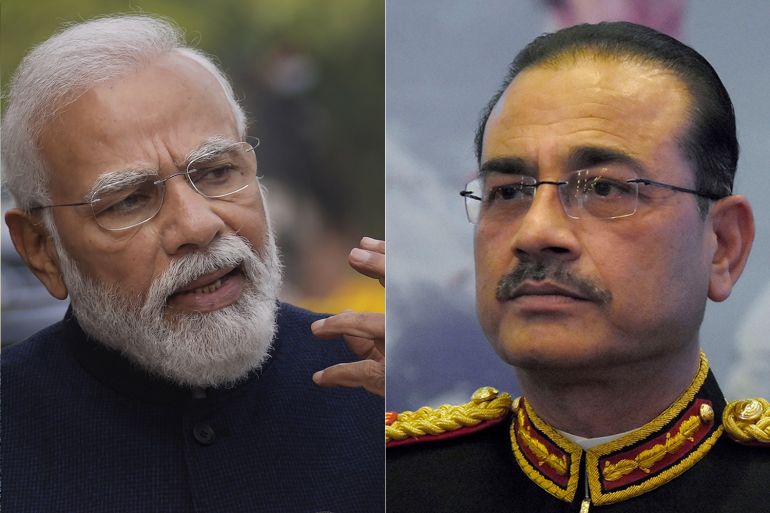Hold your breath, gamers. The real world just got a whole lot more intense. Forget about in-game warfare, the conflict between India and Pakistan has escalated in a way that’s chillingly real. Al Jazeera is reporting on how world leaders are reacting to the latest military attacks, and the stakes couldn’t be higher. We’re talking global tensions, diplomatic backchannels, and the potential for a crisis that could rewrite the geopolitical map. Buckle up, because this is one story you won’t want to miss.
Understanding the Background of the Conflict
The deadly attack in Pahalgam, Kashmir, has sparked widespread outrage and concern across the globe. In this section, we delve into the details of the attack, the victims, and the attackers.
The Deadly Attack in Pahalgam, Kashmir
Suspected rebels killed at least 26 people, including tourists, in the deadliest such attack in a quarter-century in Indian-administered Kashmir. The attack prompted anger across India, and it came amid the peak tourist season as hundreds of thousands of tourists were holidaying in the region.
The attack also unfolded as India was hosting United States Vice President JD Vance, who arrived on Monday and left on Thursday. The attack in Kashmir’s southern district of Anantnag prompted teams of police and paramilitary troops rushed to the spot to evacuate the wounded tourists and launch a manhunt for the attackers.
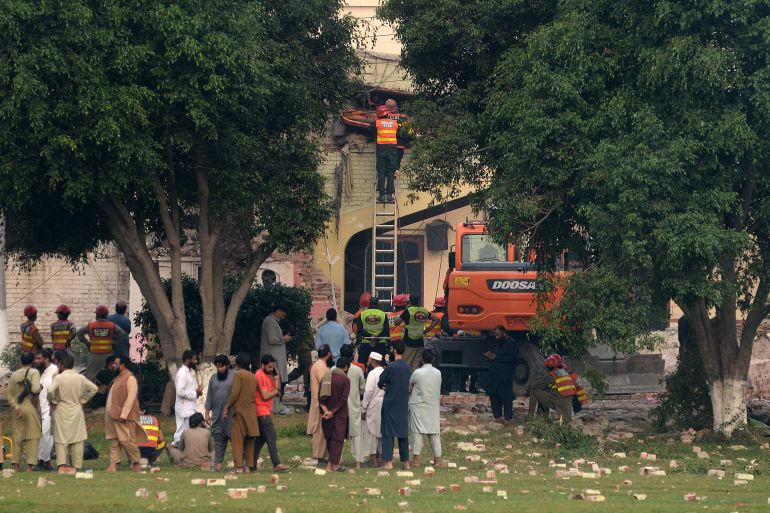
The Victims and the Attackers: What We Know So Far
At least 26 people have been killed in the attack, all of them men, and more than a dozen others were injured. The tourists killed were almost all civilians, and an Indian Navy officer from the northern state of Haryana on his honeymoon. A 68-year-old former banker from Pandurangapuram in the southern state of Andhra Pradesh, who was visiting the region with his wife, was also killed.
The deceased also included a realtor from the southern state of Karnataka, an accountant from the eastern state of Odisha, a cement dealer from Uttar Pradesh in the north, and a Gulf returnee from the southern state of Kerala. One foreign national, a man from Nepal, was among those killed.
A statement issued in the name of The Resistance Front (TRF), which is believed to be an offshoot of the Pakistani-based Lashkar-e-Taiba, claimed responsibility for the attack. The statement linked the attacks to the thousands of residency permits being handed over to Indian citizens, permitting them to live and work in Kashmir.
Implications and Analysis
The escalating tensions between India and Pakistan have sparked widespread concern globally. In this section, we examine the risks of a full-scale military conflict between nuclear-armed neighbors, the role of leaders in preventing escalation, and the human cost of the conflict.
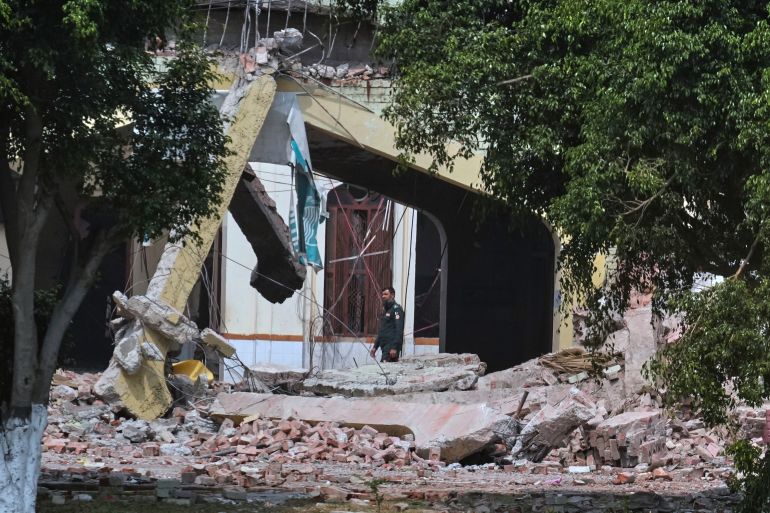
The Risks of a Full-Scale Military Conflict Between Nuclear-Armed Neighbors
The world cannot afford a military confrontation between India and Pakistan, as stated by the spokesperson for United Nations Secretary-General Antonio Guterres. The risks of a full-scale military conflict are catastrophic, and the global community must come together to prevent such an eventuality.
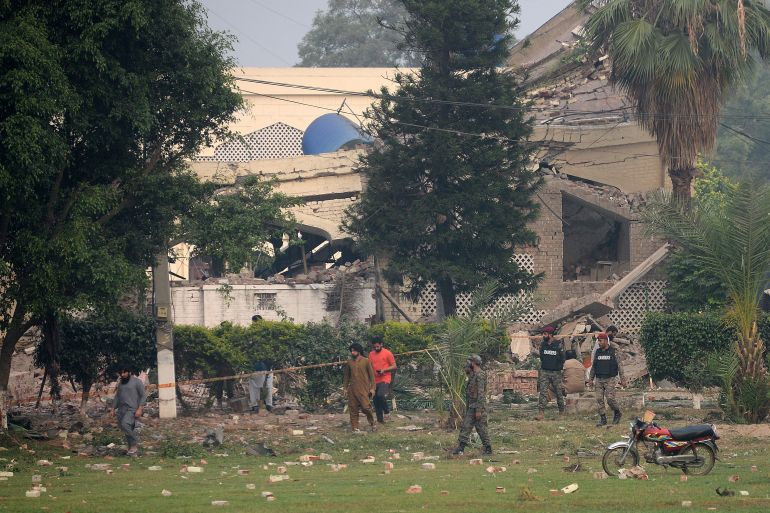
The Role of Global Leaders in Preventing Escalation
Global leaders have called for restraint and diplomacy to resolve the crisis. The United States, France, Japan, the United Arab Emirates, and Israel have urged India and Pakistan to exercise restraint and prevent further escalation. The United States President Donald Trump has expressed hope that the situation will end quickly, while the US Secretary of State Marco Rubio has stated that he will engage with both Indian and Pakistani leadership towards a peaceful resolution.
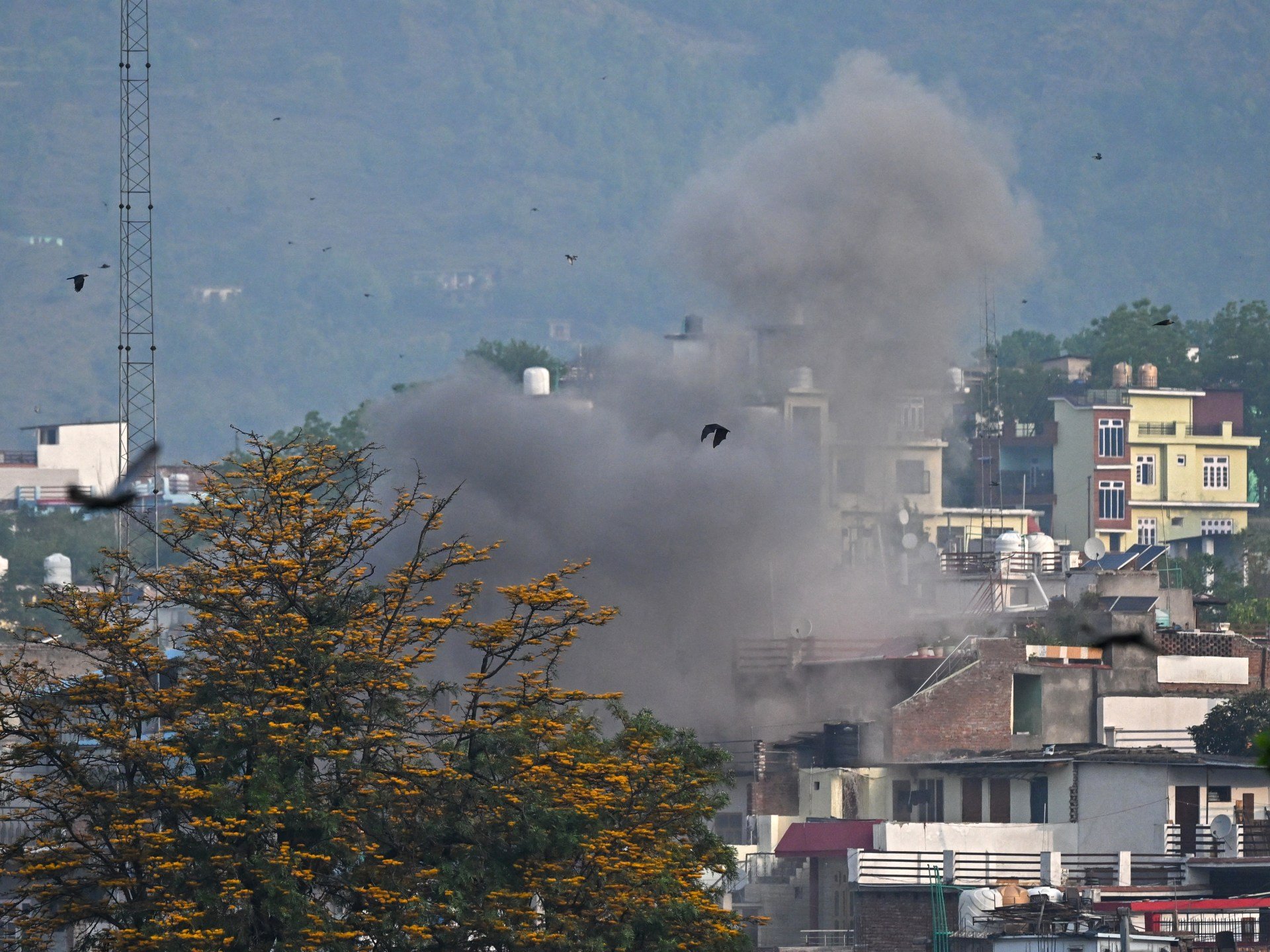
The Human Cost of the Conflict and the Need for a Peaceful Solution
The human cost of the conflict is already being felt. At least 26 people have been killed in Pakistan, and 10 in Indian-administered Kashmir. The conflict has sparked widespread fear and uncertainty among civilians. It is essential that global leaders come together to prevent further escalation and work towards a peaceful resolution of the crisis.
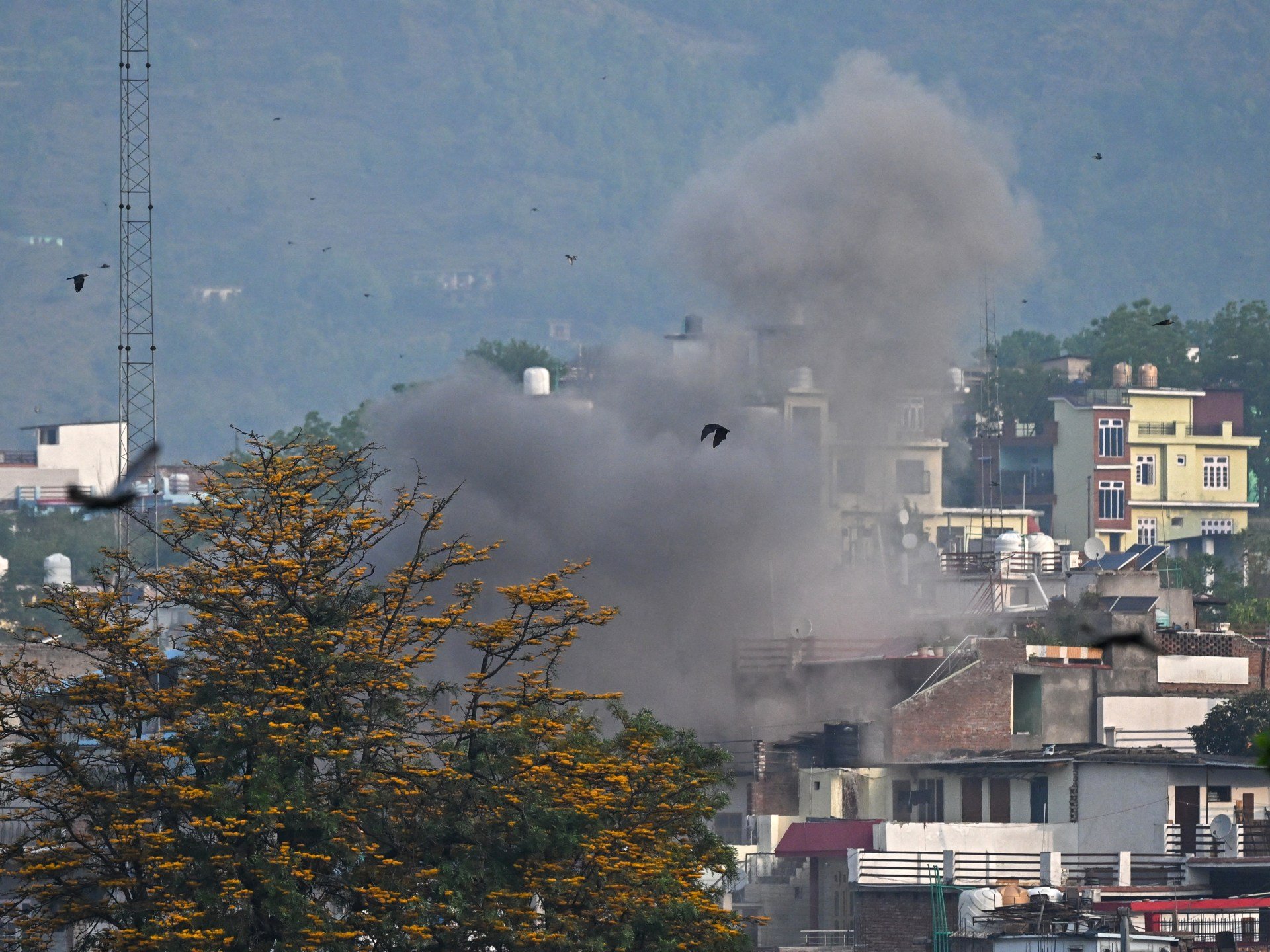
Global Reaction to the Conflict
The global community has reacted with concern and alarm to the escalating tensions between India and Pakistan. In this section, we examine the reactions of world leaders to the conflict.
Japan’s Chief Cabinet Secretary Urges Dialogue and Restraint
Japan’s Chief Cabinet Secretary Yoshimasa Hayashi has urged India and Pakistan to exercise restraint and stabilize the situation through dialogue. Hayashi has stated that Japan firmly condemns terrorist acts and is concerned that the situation may lead to further retaliatory exchanges and escalate into a full-scale military conflict.
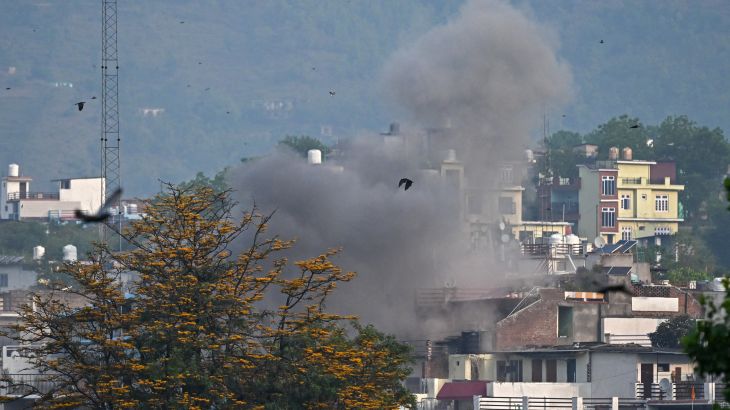
UAE Foreign Minister’s Call for Diplomacy and Preventing Escalation
The United Arab Emirates Foreign Minister and Deputy Prime Minister Abdullah bin Zayed bin Sultan Al Nahyan has urged India and Pakistan to resolve the crisis peacefully. The UAE Foreign Minister has stated that diplomacy and dialogue are the most effective means of peacefully resolving crises.
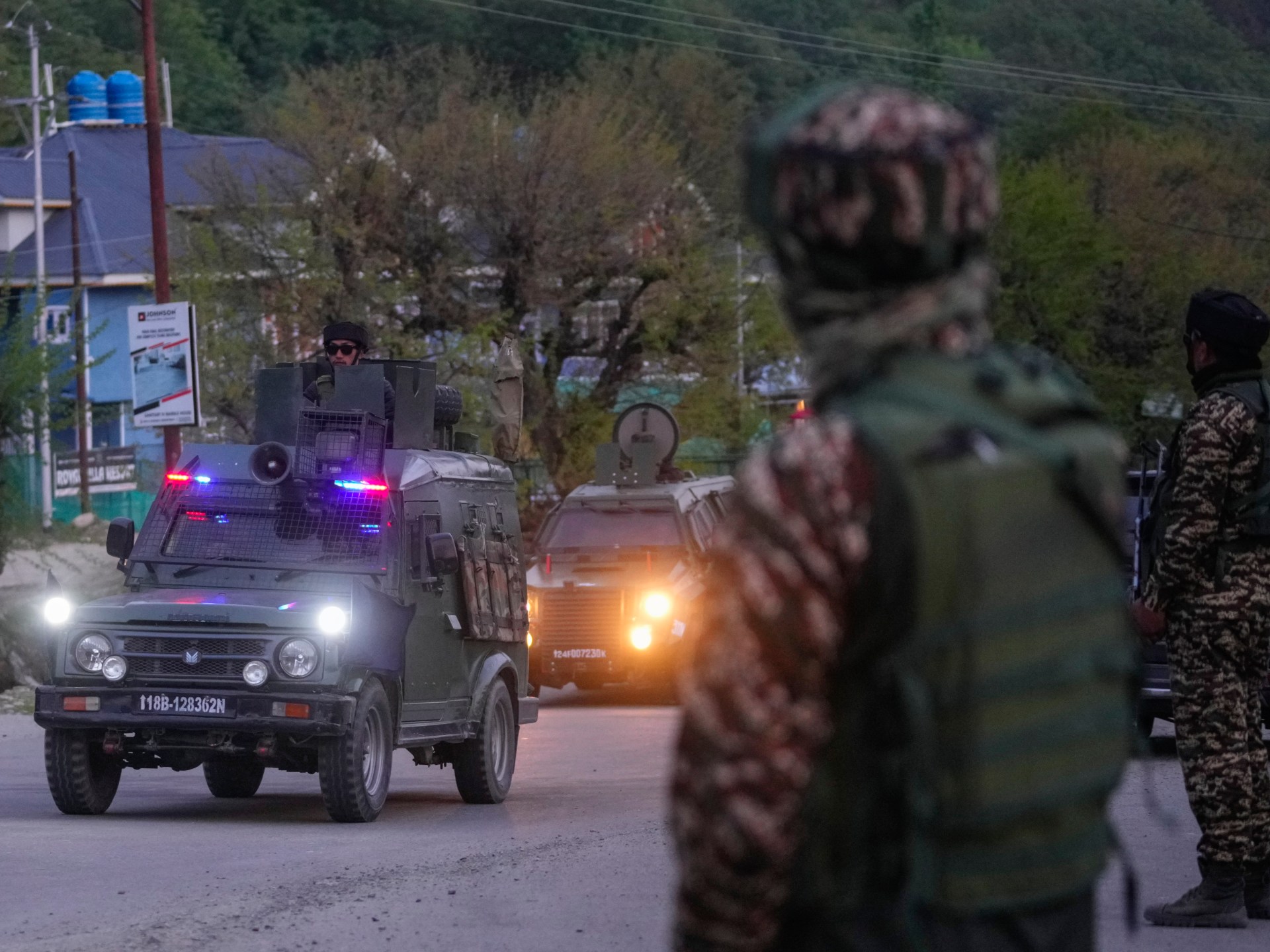
Israel’s Ambassador to India, Reuven Azar, has stated that Israel supports India’s right to self-defense. Azar has posted on X that terrorists should know there is no place to hide from their heinous crimes against the innocent.
Conclusion
Conclusion: World Leaders Weigh in on India-Pakistan Military Tensions
As the world watches with bated breath, the latest escalation of military tensions between India and Pakistan has set off a chain reaction of reactions from global leaders. Our article has examined the diverse perspectives of world leaders, from the United Nations Secretary-General to regional powers like China and the United States. Key points revealed that while some leaders have called for restraint and diplomatic efforts, others have been more muted in their responses, reflecting the complex web of alliances and rivalries that underpin the region. Furthermore, the article highlighted the stark contrast between India’s assertion of its sovereignty and Pakistan’s claims of right to self-defense, underscoring the deep-seated historical grievances that fuel the conflict.
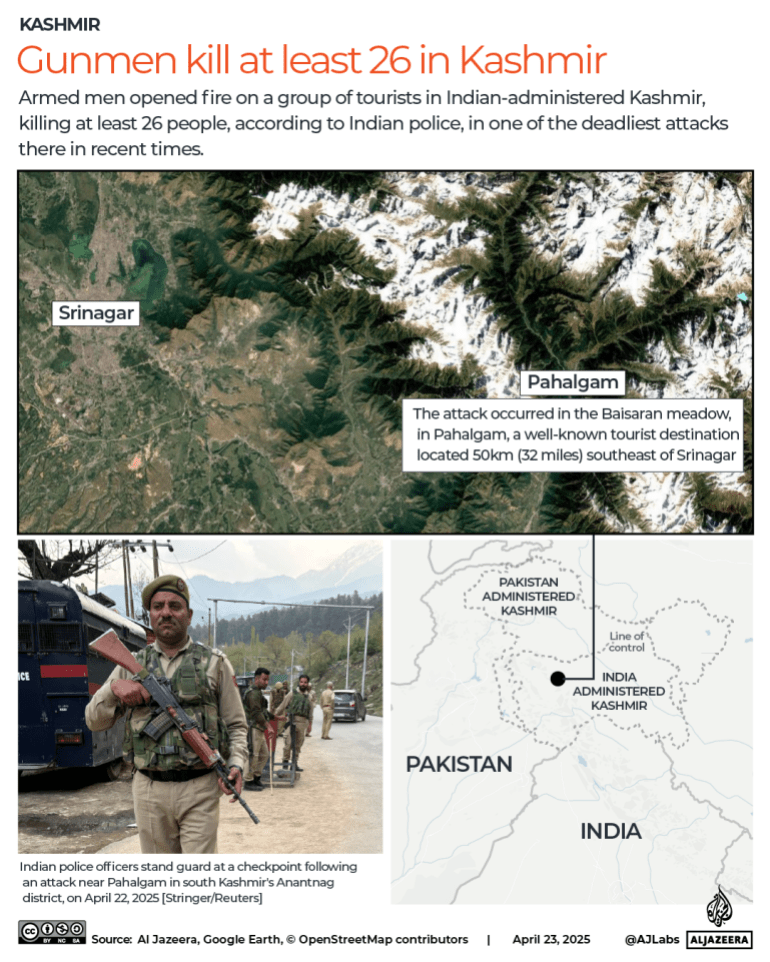
The implications of these developments are far-reaching and profound, with potential consequences for regional stability and global security. As the India-Pakistan rivalry continues to spiral out of control, the international community must remain vigilant and proactive in its response. The article has also underscored the critical role that diplomatic efforts can play in de-escalating tensions and promoting dialogue, a lesson that should be heeded by world leaders as they navigate this treacherous landscape. As we look to the future, it is imperative that policymakers prioritize sustainable and inclusive solutions that address the root causes of this conflict, rather than simply treating its symptoms.
